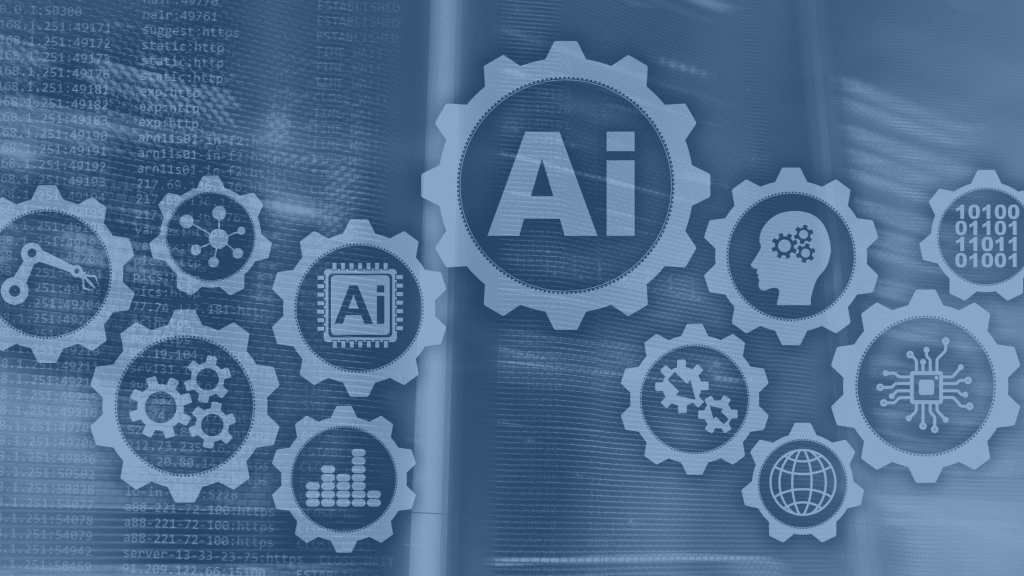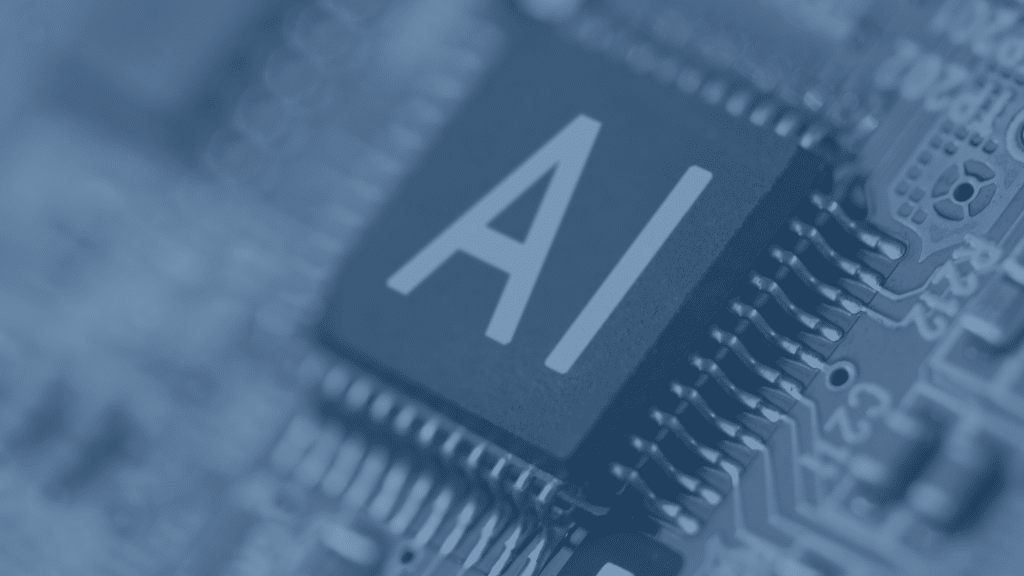As artificial intelligence (AI) becomes more common in everyday tools, it’s beginning to enter spaces that once felt too personal or too complex for automation, including human services.
For providers working with adults with intellectual and developmental disabilities (I/DD), this shift brings both new possibilities and serious responsibility. After all, we’re not using AI to recommend a playlist or suggest a shopping item. We’re using it in support of people’s lives, routines, and dignity.
That’s why questions around ethics, privacy, and accountability must come first.
At QSP, we believe technology should reflect the values of the people using it. As we begin integrating AI into our platform, we’re asking: How can we build tools that support frontline teams without compromising the heart of the work?
Here’s how human services providers can think about AI through an ethical lens and how QSP is approaching innovation with integrity.
What Makes AI Ethical in Disability Services?
Ethical AI is about how we build, train, and use technology especially when it touches people’s lives and personal data. In the I/DD field, this means paying close attention to:
1. Privacy and Consent
- Are we collecting only the data we need?
- Is personal health or behavioral information secure?
- Can individuals or their representatives opt out?
In human services, protecting a person’s information is a form of protecting their dignity. That principle must guide every AI-powered feature.
2. Transparency
AI should never feel like a “black box.” Staff and supervisors deserve to understand:
- How suggestions are made
- What data is used
- Where the system may have limits
This clarity builds trust and ensures humans remain in control of human services decisions.
3. Human Oversight
Even with smart tools, AI is not a decision-maker. It can prompt a review, suggest a next step, or surface patterns but humans should always make the final call, especially in areas like:
- Disciplinary tracking
- Client support decisions
- Hiring or promotion choices
The goal is to inform decisions, not automate them.
4. Mission Alignment
Finally, ethical AI in disability services should reflect the values of the field:
- Person-centered planning
- Least intrusive interventions
- Dignity, choice, and respect
- Trust between providers, clients, and families
At QSP, we’re constantly asking: “Does this feature strengthen or weaken our ability to live out these values?” That question is the core of responsible innovation.
How QSP Is Approaching AI Ethically
We’re currently integrating AI features but we’re doing it carefully.:
We want you to feel confident that QSP’s AI tools support your work, not replace your judgment.
Final Thoughts: Progress with Integrity
AI has the power to reduce burnout, improve efficiency, and surface insights we’d otherwise miss. But in a field as personal and values-driven as human services, how we use AI matters just as much as whether we use it.
At QSP, we’re committed to building tools that align with the heart of the work: real people, meaningful support, and trusted relationships.
Want to learn more about QSP’s AI roadmap and ethical standards?👉 Explore our approach to AI in disability services by scheduling a demo
Related article: How AI Can Support, Not Replace, Human Services Work




